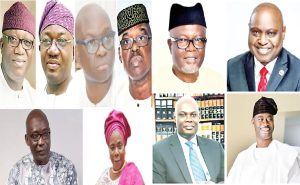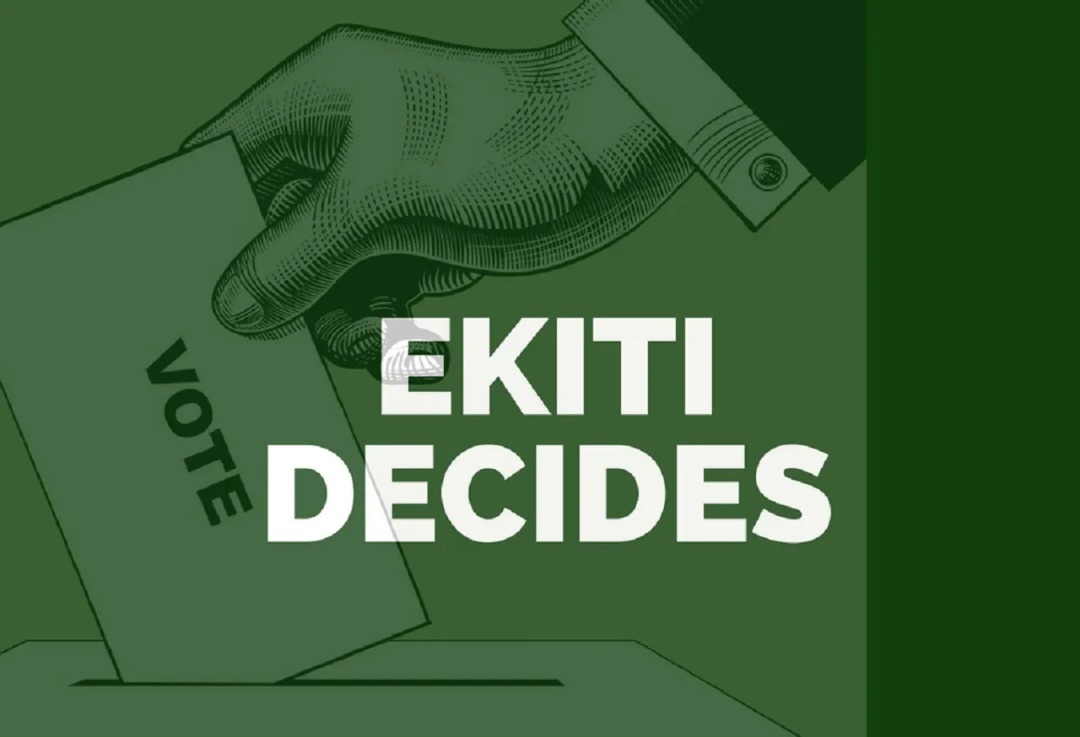- Have any questions?
- [email protected]
Ekiti 2022: What the future holds for Ekiti people

YMonitor launches My Vote My Voice 2.0 comics to galvanize increased youth participation in the 2023 elections
10 June 2022
As residents in Ekiti cast their votes for a new governor
16 June 2022It’s another election season in Ekiti state, and the race to replace its incumbent governor, Kayode Fayemi, is getting heated up. The election, scheduled to hold on the 18th of June 2022, is due to some legal battles which made the Ekiti state join other states like Anambra, Osun, Kogi, Bayelsa, Imo, Edo and Ondo as states with different dates for gubernatorial elections.
Since 1999, Ekiti state has been ruled by the state’s two major political parties: The People’s Democratic Party (PDP) and the All Progressive Congress (APC). However, the unpredictability of voting patterns in Ekiti state is a unique development which has forced all parties involved to intensify their grassroots activities.
Interestingly, Segun Oni, a former governor of the state between 2007-2010 whom the Appeal court eventually ousted, will be the flag runner of the Social Democratic Party (SDP). Oni, who used to be a member of PDP in the state, defected to SDP after losing the ticket to the current governorship aspirant of PDP, Bisi Kolawole.

The culture of past leaders having their lackeys isn’t an exception in this race. The culture of Godfatherism could be perceived with the candidacy of Messrs Biodun Oyebanji and Bisi Kolawole running under APC and PDP, respectively. Biodun Oyebanji, who served as the past state government secretary, is reported to be a stooge of the incumbent governor. At the same time, Bisi Kolawole has the backing of the erstwhile governor of the state, Ayodele Fayose.
The electorates should consider their current socio-economic issues before choosing the candidate to vote for. With a population of roughly 2.3 million people, the state’s Gross Domestic Product (GDP), compared to other Nigerian states, isn’t impressive. Recent figures ranked Ekiti among the top 4 states with the lowest GDP in the country. Meanwhile, out of the six states in the country’s South-Western region, Ekiti has the lowest GDP.
Moreover, The debt profile of the state is also appalling. The state accrued a total debt of N123.88 billion in the year 2020. Between 2016 and 2020, Ekiti state debt grew by 24.63%, making it the 19th most indebted state in Nigeria.
Also worthy of note is the issue of child and maternal health. In the South-Western region of Nigeria, Ekiti is reported to have the highest case of child mortality. The 2020 Nigerian Bureau of Statistics reports that Ekiti has a child mortality rate of 40 per 1000 live births. Therefore, access to potable water, state-wide sanitation activities and immunization drive should be one of the conditions Ekiti voters should look out for in their prospective candidates’ manifestos.
Commendably, Ekiti state has the lowest number of out-of-school children in Nigeria. A report from NBS shows that Ekiti has a population of 50,945 children, which happens to be the lowest on the list. Nevertheless, education plays a significant role in a region’s development, and Ekiti residents should vote for a candidate with plans to sustain and improve the state’s educational system.
The security of life and properties in a state should be paramount to any government. Despite efforts of the present administration to curb the issues of banditry and attacks by unknown gunmen in the state, the activities of these vagabonds are still rife. Monarchs are being kidnapped, citizens are killed, and farmers are being pursued out of their farmlands due to the unrestricted activities of herdsmen. The electorates should be on the lookout for candidates who value security and have a framework for them
As we head to the polls, 16 parties have declared their candidates, and it’s up to the citizens to determine who’s best suited to represent their interests. It’s up to the residents to get their PVC and perform their civic responsibility by voting in the most credible candidates who will be responsible for the uplifting of the Ekiti state.

